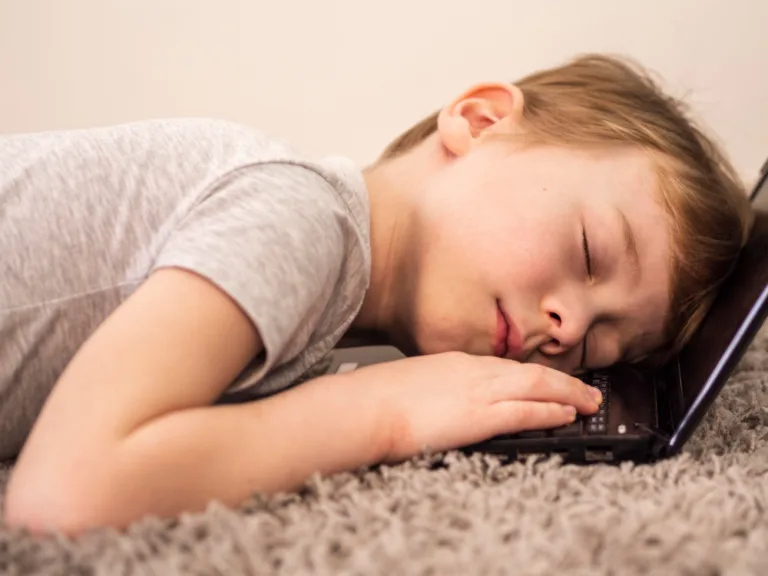Insomnia in children
Insomnia in children is a sleep disorder characterized by difficulty falling asleep, staying asleep, or both. It can have significant impacts on a child’s behavior, learning, and overall health. Understanding the causes, symptoms, and treatment options is important for parents and caregivers.
Causes of Insomnia in Children
- Stress: Anxiety about school, family issues, or social situations.
- Poor Sleep Habits: Inconsistent bedtime routines or an uncomfortable sleep environment.
- Overstimulation: Exposure to screens (TV, computer, phone) before bedtime.
- Diet: Consumption of caffeine or sugary foods and drinks.
- Medical Conditions: Asthma, allergies, ADHD, autism, or neurological disorders.
- Medications: Some medications can interfere with sleep.
- Mental Health Issues: Anxiety, depression, or other mental health disorders.
Symptoms
- Difficulty falling asleep
- Waking up frequently during the night
- Waking up too early and not being able to go back to sleep
- Daytime sleepiness or naps
- Irritability or mood swings
- Difficulty concentrating
- Hyperactivity
Diagnosis
Diagnosis often involves a thorough medical history, sleep history, and possibly a sleep study (polysomnography) if a sleep disorder like sleep apnea is suspected.
Treatment
- Good Sleep Hygiene: Establishing a consistent bedtime routine, ensuring a comfortable sleep environment, and limiting screen time before bed.
- Behavioral Therapy: Techniques like relaxation training and biofeedback.
- Cognitive-Behavioral Therapy (CBT): Particularly for older children and adolescents, to address any underlying anxiety or stress.
- Medication: Rarely recommended in children, and only under close medical supervision.
- Treating Underlying Conditions: Addressing any medical or psychological issues that may be contributing to the insomnia.
Lifestyle Changes
- Encouraging regular physical activity during the day
- Limiting caffeine and heavy meals before bedtime
- Creating a calm and comfortable bedroom environment
Prevention
- Setting regular sleep and wake times
- Reducing stress and anxiety through family support and, if necessary, professional counseling
- Limiting stimulating activities in the evening
When to See a Doctor
Consult a healthcare professional if insomnia persists despite home management, or if it significantly affects the child’s daily life.
It’s important to recognize that insomnia in children is not just a phase and can have a profound impact on their physical and emotional wellbeing. Early intervention and a holistic approach to treatment are key to managing this condition effectively.
Sleep Aids




------------From our Sponsors------------









